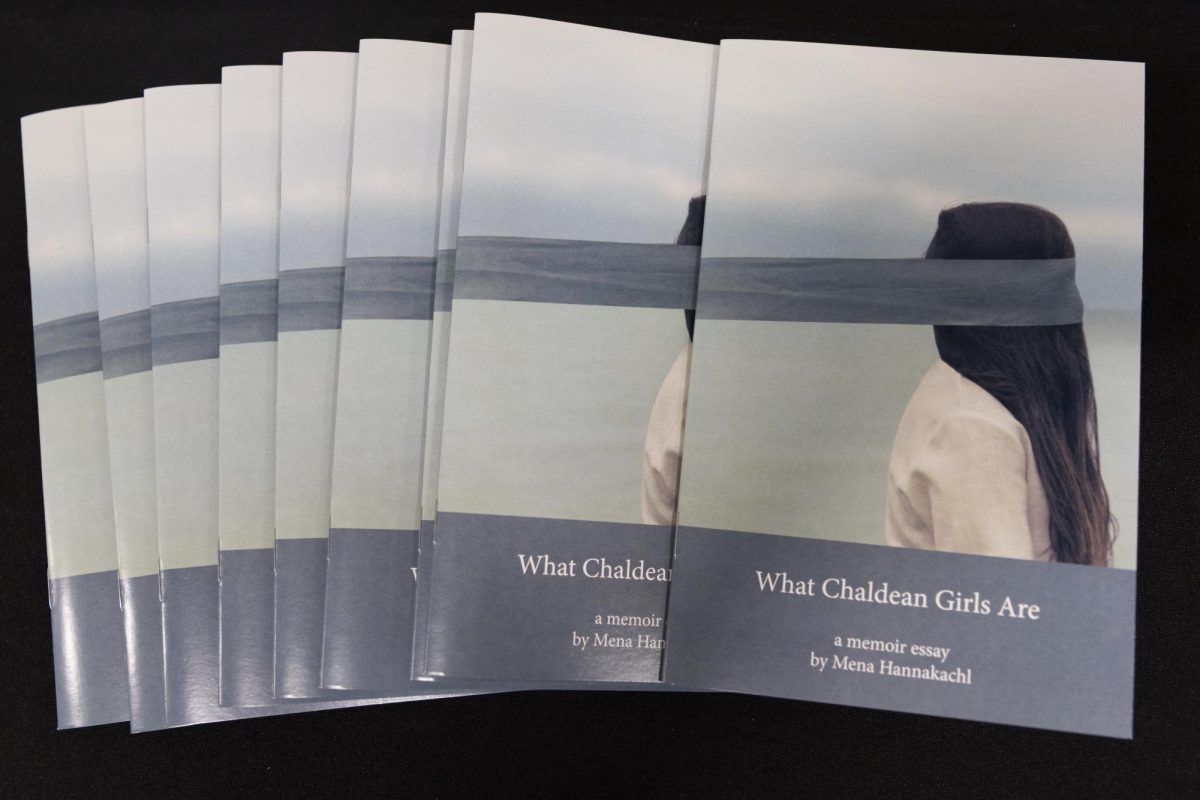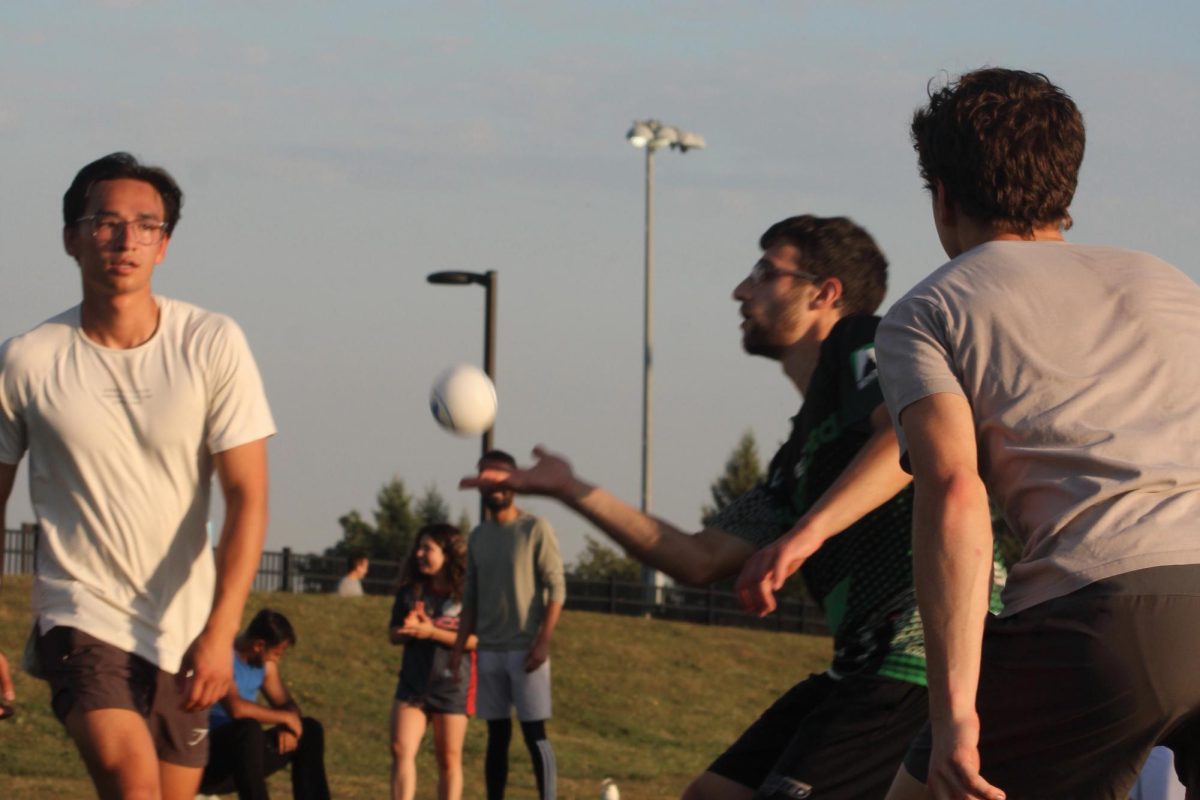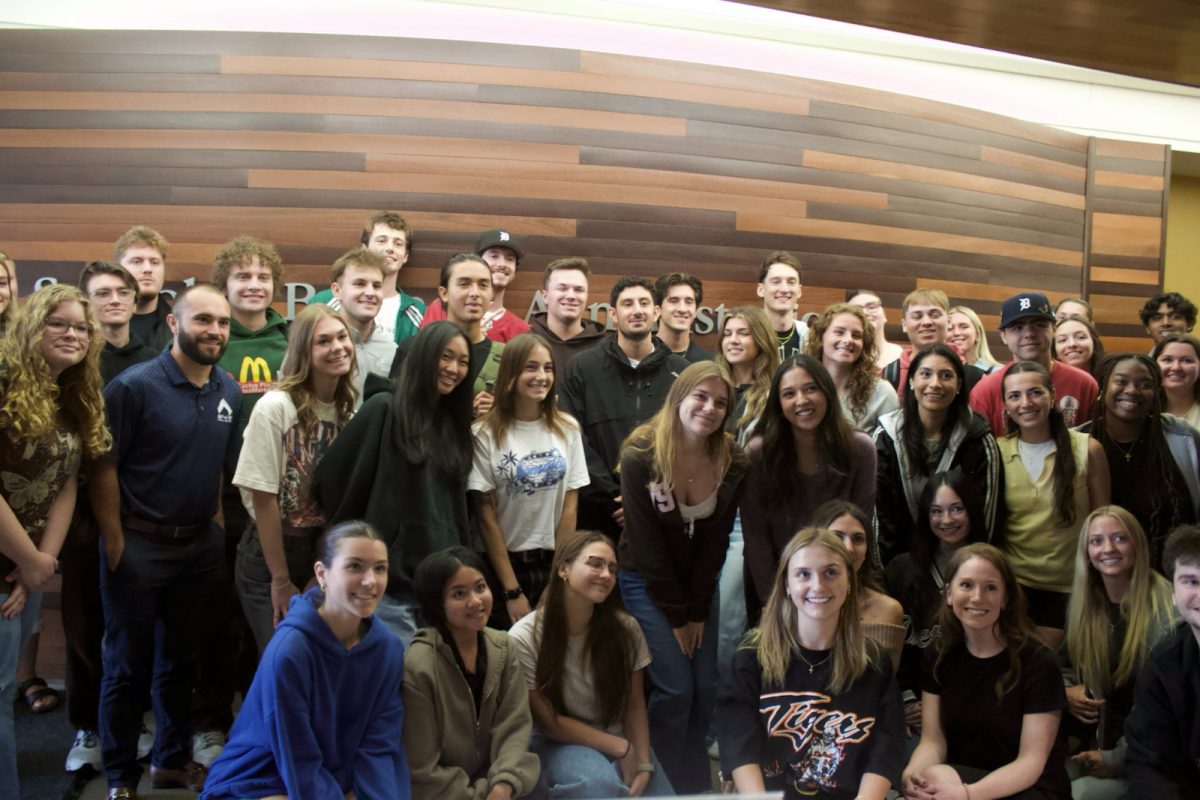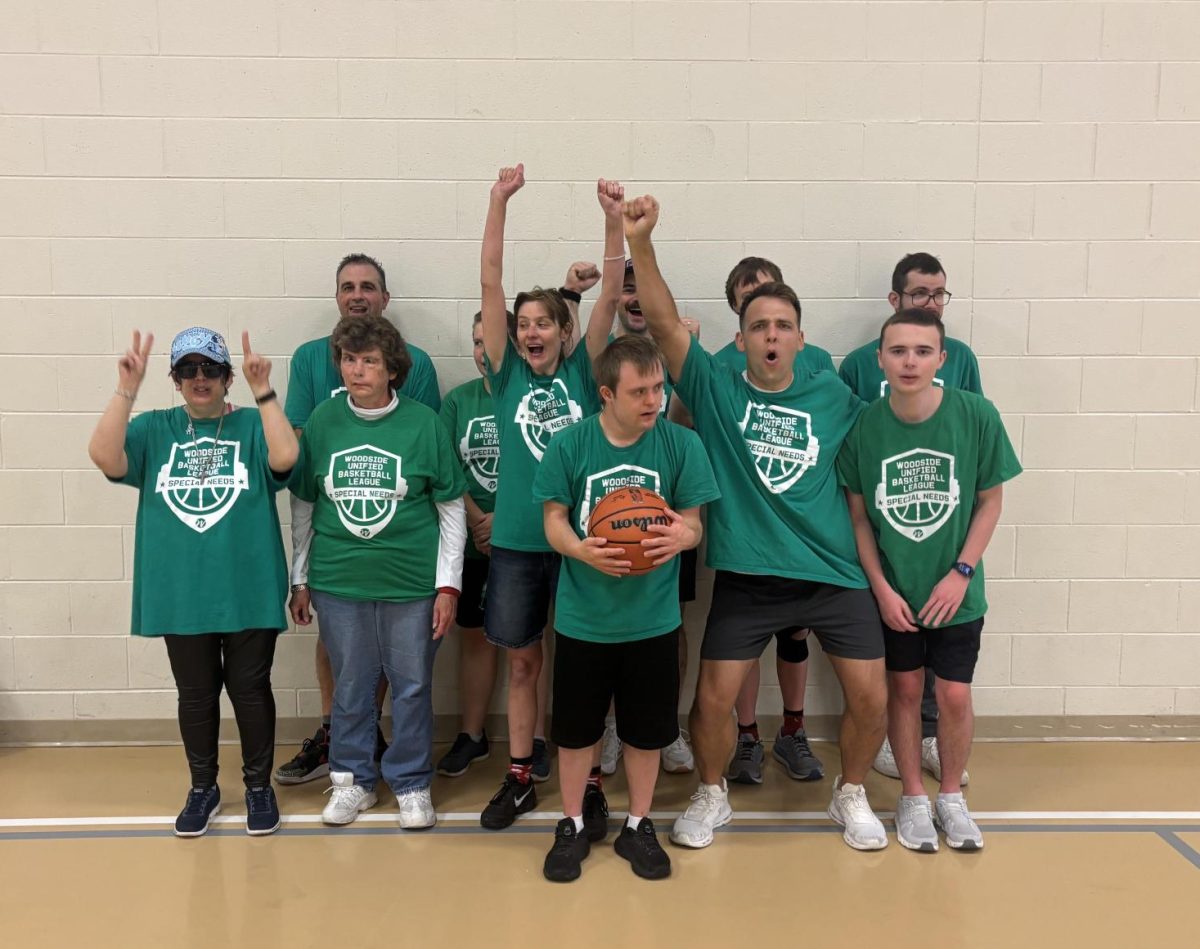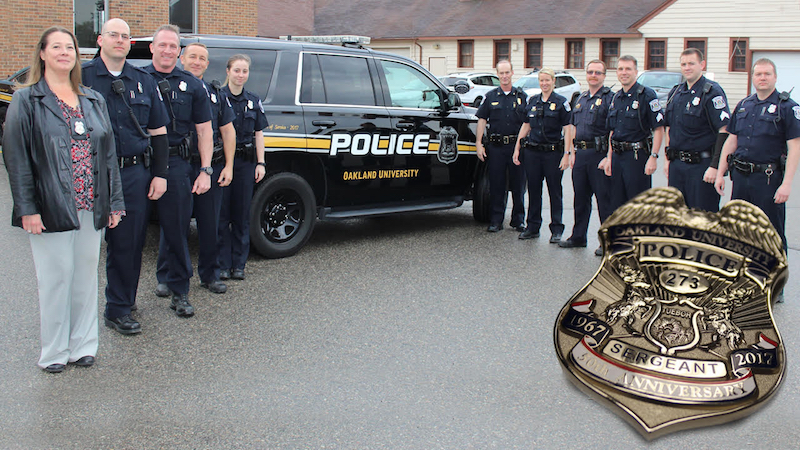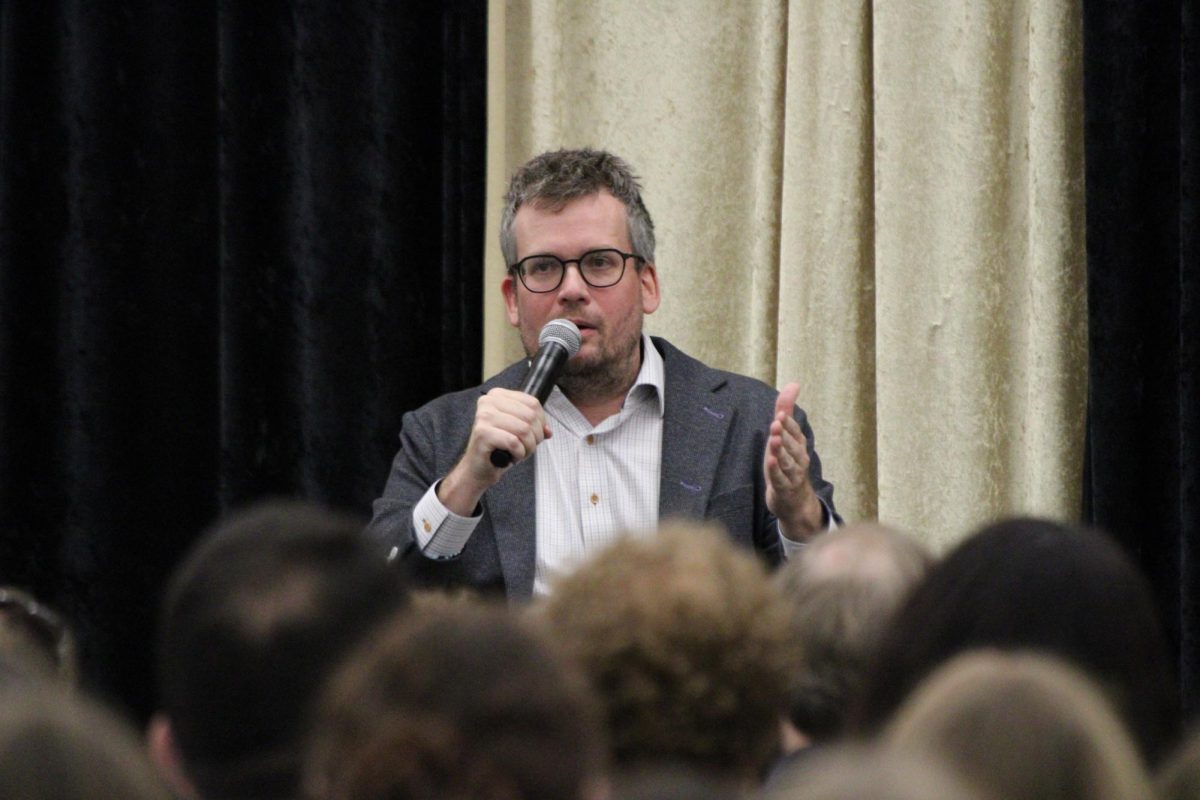Mena Hannakachl is an exceptional Oakland University student, mentor and writer. She is an immigrant, a future civil rights lawyer and an experienced embedded writing specialist on campus.
Mena Hannakachl is a progressive Chaldean girl.
Hannakachl started the long journey of writing her memoir during her first year at OU. The memoir stemmed from an assignment assigned by Professor Cathy Rorai in a creative nonfiction writing class.
“By the time she wrote this [memoir], she had developed confidence that her voice had power and that her story had value. Her classmates encouraged her to edit and expand the essay, which she did. And at the end of the course, she felt like she wanted to share her writings with a larger audience, which meant looking for a publisher,” Rorai said.
There was no lack of influence from Professor Rorai on Hannakachl — the pair had weekly conversations, which continued when she was assigned to work with the professor as an embedded writing specialist.
“My favorite person in the whole entire world is Professor Cathy Rorai,” Hannakachl said.
Along with Professor Rorai, Hannakachl had the help of a friend and fellow student, Samantha Slabaugh.
“We did not have a lot in common with each other, but as a writer and as a friend, she’s always listened to me, and I found that it is really rare in this world to find someone not only to really listen to you but also understand you on a deeper level. But there Mena was. She always listened to me, and I’ve just done the same in return for her ever since,” Slabaugh said.
With Slabaugh, Hannakachl was able to continue to expand upon and edit her story. The pair had weekly hour-long meetings to discuss the memoir, and the meetings often ended up being several hours long.
The process of editing and becoming vulnerable to criticism was a difficult one. Often, Hannakachl would find herself taking a step back and reflecting on the memories she was divulging to the world.
“When I got the email that my piece was published, part of me was happy, of course, but part of me was terrified as hell that it was up there and that people were going to see me in a different lens. And I didn’t know what that looked like. And I didn’t want anyone to pay me. But again, I’ve had nothing but great reactions and feedback from all over,” Hannakachl said.
Hannakachl’s memoir is a story that has touched many people’s lives, not only at OU but around the world. Some of them do not share the same cultural background but feel connected to the found identity expressed through her story.
“This [memoir] is home to all of us — regardless of being Chaldean, Jordanian, African American, or Hispanic. I come across a multitude of ethnicities, and this has really reminded me to make sure everyone has this openness and is being validated and having the impact to not pick on because of our cultural differences or our gender differences but to make sure everybody is inclusive and being respected for who they are,” one audience member said at Hannakachl’s memoir reading on Oct. 14.
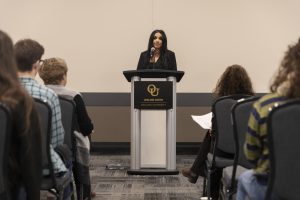
Hannakachl expresses her success is owed to those at OU who helped and lovingly pushed her to pursue all of her dreams. She gave special thanks to Dr. Bailey McDaniel, Professor John Freeman, Glenn McIntosh, Professor Cathy Rorai, Samantha Slabaugh and her publisher from The Paradox magazine.
“I learned a lot, I think. I have learned that that my voice will be heard. It will be valued. It will be acknowledged — it will be uplifted but in a different space,” Hannakachl said.
Those interested in reading Mena Hannakachl’s memoir essay can access the piece on The Paradox magazine website.



